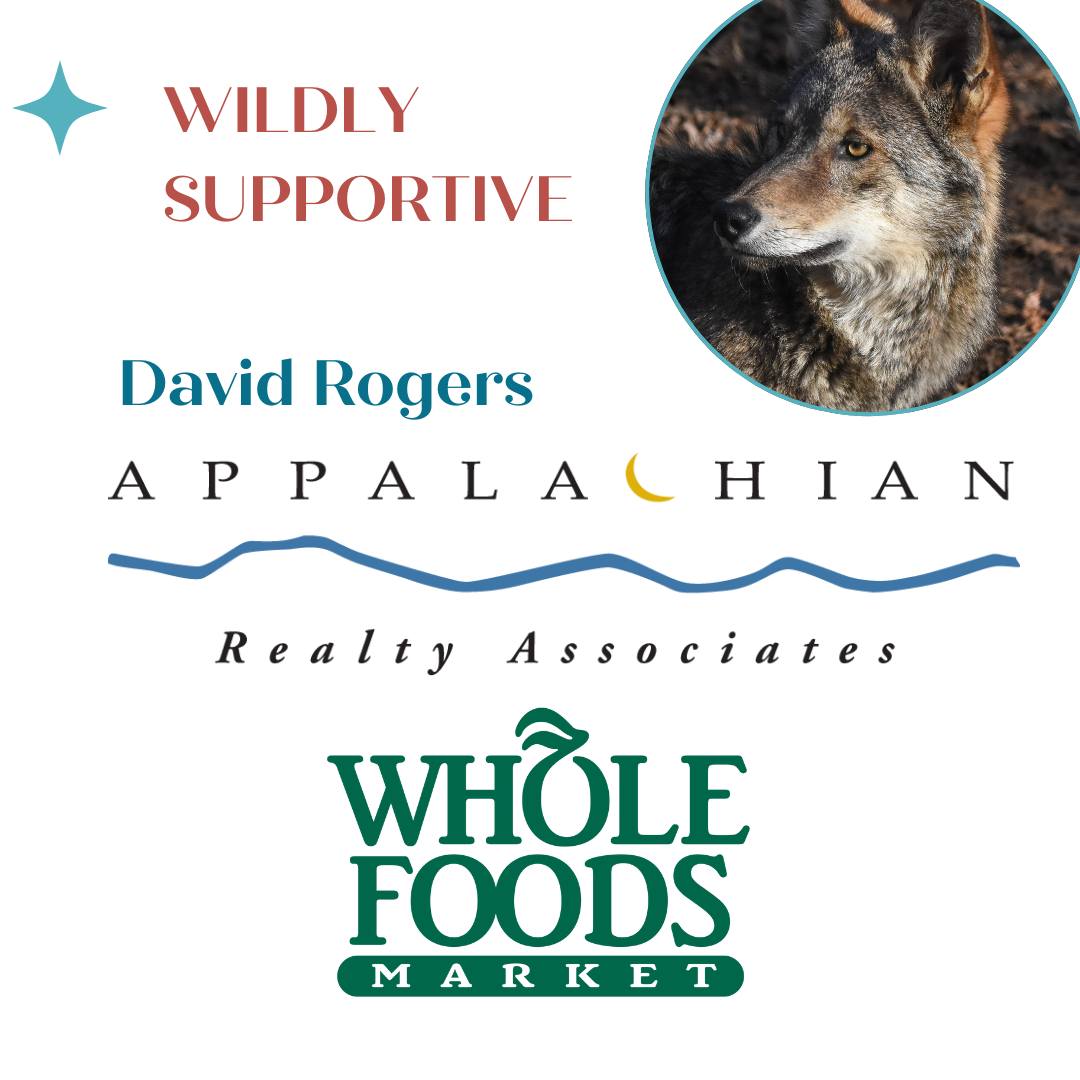– The impact of Corporate Friends in supporting wildlife conservation and zoo management.
– The specific contributions of David Rogers of Appalachian Realty and Whole Foods in sustainability initiatives.
– Community partnerships are important in enhancing environmental stewardship at wildlife centers.
– The role of corporate sponsorship in educating the public about animal welfare and conservation.
– The environmental benefits of opting for aluminum over plastic in conservation efforts.
Corporate partnerships play a pivotal role in advancing wildlife conservation and zoo management. Companies that choose to collaborate with nature centers and similar organizations wield the power to generate positive change and exhibit strong social responsibility. The supportive efforts of Corporate Friends like David Rogers of Appalachian Realty and Whole Foods significantly amplify the mission of such institutions, which is critical for ecological preservation and public education.
For instance, David Rogers and Whole Foods’ generous provision of aluminum bottled water for an event like the Running of the Goats is an excellent example of the positive influence businesses can have on conservation initiatives. The decision to forego plastic bottles in favor of aluminum helps to reduce the carbon footprint—or, as playfully phrased, the “environmental hoofprint”—of community events. This choice demonstrates a commitment to preserving natural resources and minimizing unnecessary waste.
Aluminum has significant recycling advantages over plastic—chief among them is its infinite recyclability without loss of quality, contrasted with plastic, which can typically be recycled only a few times before the quality degrades to unusability. The decision to switch to aluminum bottles thus contributes to a closed-loop system, a cornerstone of sustainable practices. This change aligns seamlessly with broader environmental goals to reduce pollution and conserve precious resources.
While providing aluminum bottled water may seem small in isolation, it represents a larger trend of eco-conscious decision-making within the corporate community. It sends a clear message to consumers about the importance of sustainability and encourages other businesses to consider similar practices.
Corporate Friends contributes not just through monetary donations or products but also by actively participating in creating sustainable solutions that benefit wildlife centers. Their investment is vital for the long-term success of conservation, as supporting these centers is supporting hubs of animal welfare, ecological research, and public awareness.
These partnerships are powerful educational tools. When a business like Appalachian Realty aligns itself with a nature center, it opens opportunities to educate its employees, clients, and the broader community about the importance of conservation. These educational components can take many forms, including sponsoring signage that explains conservation efforts, hosting educational events, and supporting various interactive exhibits within the nature center.
Moreover, corporate sponsorships are critical in providing the financial stability for wildlife centers to prosper. These contributions can help cover the costs of animal care, habitat maintenance, and running eco-friendly programs. Their funding can also enable research and the implementation of innovative technologies and practices that push the boundaries of animal welfare and habitat conservation.
Perhaps one of the most vital aspects of corporate support is the validation and credibility it lends to conservation efforts. When well-regarded businesses get involved, it signals to the broader public and other corporations the importance and urgency of wildlife conservation and environmental sustainability. It fosters a sense of collective responsibility, emphasizing that the stewardship of our planet requires the engagement of all sectors, including private enterprise.
David Rogers of Appalachian Realty and Whole Foods’ engagement with the nature center showcases a dedication to the community and the environment. By tying their brand to meaningful conservation work, they contribute to the center’s mission and weave a narrative of responsibility and care into the fabric of their corporate identity.
Corporate involvement in environmental outreach and education also helps promote an understanding of the science behind conservation. It empowers the public with knowledge about various species’ biology, ecology, and zoology. This scientific grounding is key to fostering an informed and engaged citizenry capable of making decisions that benefit the environment locally and globally.
In summary, when corporations become champions for wildlife conservation and environmental education, they help shape a more sustainable future. The active role played by partners like David Rogers of Appalachian Realty and Whole Foods shows that the business community can be a force for good in the ongoing effort to safeguard our planet’s biodiversity and natural legacy. Whether through product choices, financial aid, or educational initiatives, their support strengthens the capacity of wildlife centers and enhances the broader public understanding of conservation measures. Such collaborations are fundamental in creating healthier, more sustainable, and economically diverse environments where wildlife and human communities thrive.
*****
Source Description
Corporate Friends – Wildly Supportive: David Rogers of Appalachian Realty and Whole Foods
Thank you, David Rogers of Appalachian Realty and Whole Foods for providing aluminum bottled water for our Running of the Goats participants. We are committed to reducing our environmental hoofprint and recyclable aluminum bottles in place of plastic help to reduce waste.
Corporate Friends are the Sponsors and Partners who help to support and amplify the mission of the Nature Center.


